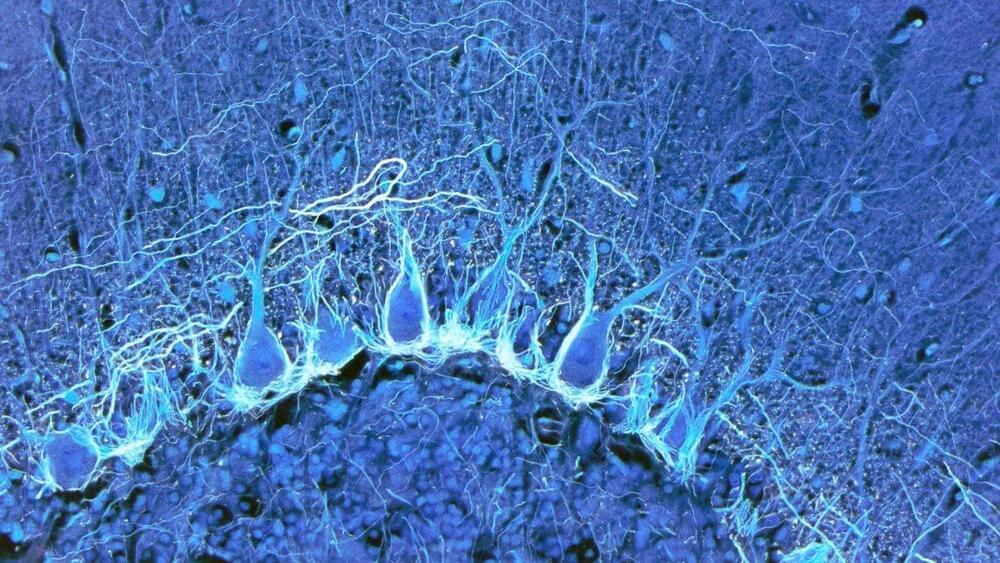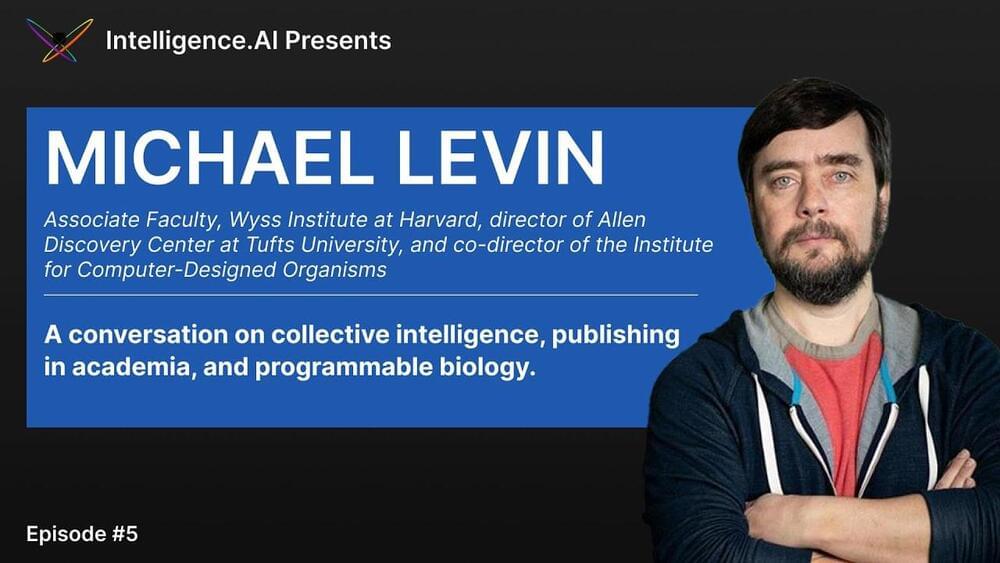
Are humans progressing morally as well as materially? What does it mean to be human in the cosmos? On a new episode of ID the Future, we bring you the second half of a stimulating conversation between Dr. David Berlinski and host Eric Metaxas on the subject of Berlinski’s book Human Nature.
In Human Nature, Berlinski argues that the utopian view that humans are progressing toward evolutionary and technological perfection is wishful thinking. Men are not about to become like gods. “I’m a strong believer in original sin,” quips Berlinski in his discussion with Metaxas. In other words, he believes not only that humans are fundamentally distinct from the rest of the biological world, but also that humans are prone to ignorance and depravity as well as wisdom and nobility. During this second half of their discussion, Berlinski and Metaxas compare and contrast the ideas of thinkers like psychologist Steven Pinker, author Christopher Hitchens, and physicist Steven Weinberg. The pair also spar gracefully over the implications of human uniqueness. Berlinski, though candid and self-critical, is unwilling to be pigeonholed. Metaxas, drawing his own conclusions about the role of mind in the universe, challenges Berlinski into moments of clarity with his usual charm. The result is an honest, probing, and wide-ranging conversation about the nature of science and the human condition. Download the podcast or listen to it here.
This is Part 2 of a two-part interview. If you missed it, listen to Part 1.


















